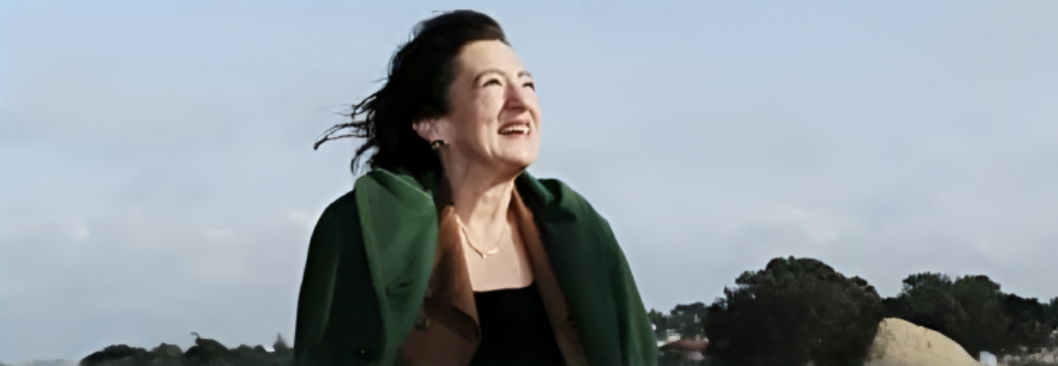PROFESSOR ⋅ POET ⋅ DRAMATURG ⋅ PUPPETEER ⋅ EDUCATIONAL LEADER ⋅
PROFESSOR ⋅ POET ⋅ DRAMATURG ⋅ PUPPETEER ⋅ EDUCATIONAL LEADER ⋅
PROFESSOR ⋅ POET ⋅ DRAMATURG ⋅ PUPPETEER ⋅ EDUCATIONAL LEADER ⋅ PROFESSOR ⋅ POET ⋅ DRAMATURG ⋅ PUPPETEER ⋅ EDUCATIONAL LEADER ⋅


